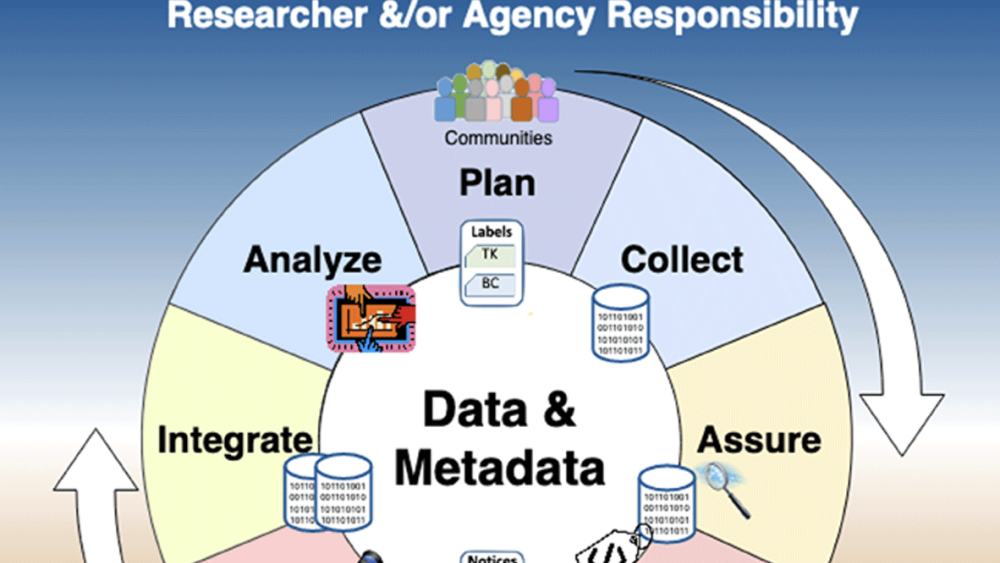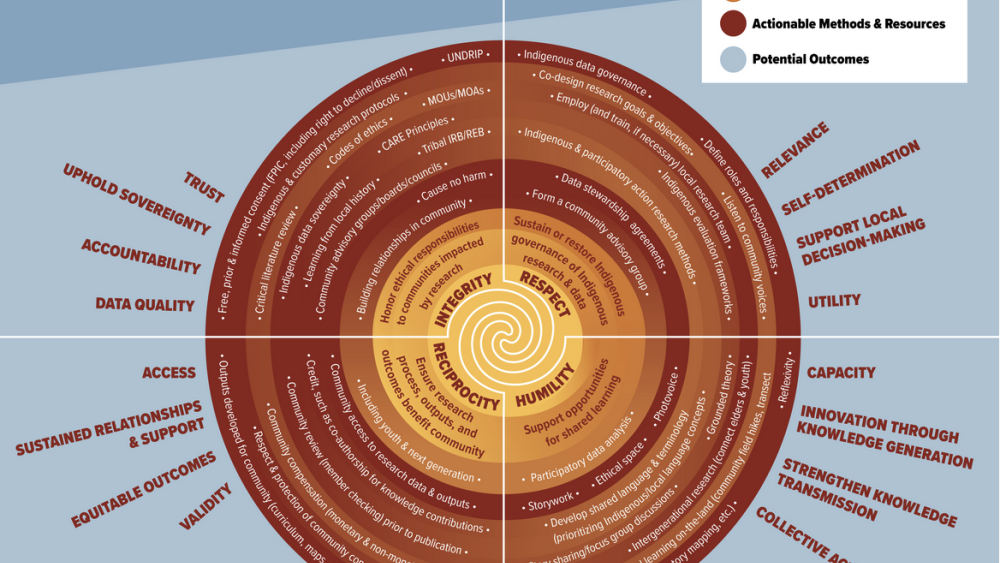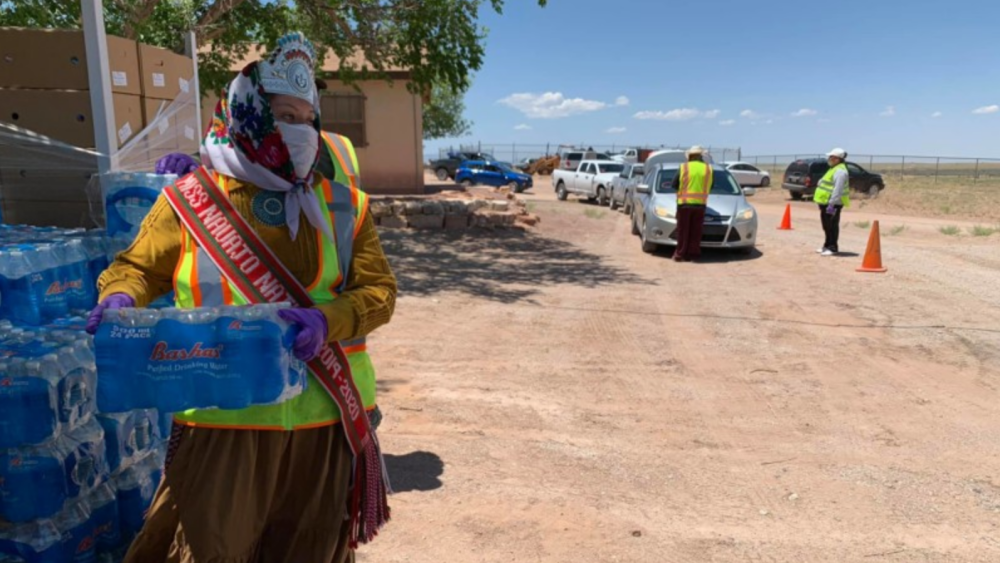Indigenous Governance Database
Indigenous science

Earth Science Data Repositories: Implementing the CARE Principles
Datasets carry cultural and political context at all parts of the data life cycle. Historically, Earth science data repositories have taken their guidance and policies as a combination of mandates from their funding agencies and the needs of their user communities, typically universities, agencies…

A values-centered relational science model: supporting Indigenous rights and reconciliation in research
Addressing complex social-ecological issues requires all relevant sources of knowledge and data, especially those held by communities who remain close to the land. Centuries of oppression, extractive research practices, and misrepresentation have hindered balanced knowledge exchange with Indigenous…

Indigenous Data in the Covid-19 Pandemic: Straddling Erasure, Terrorism, and Sovereignty
On April 10, 2020, Covid-19 case rates on tribal lands were more than four times the rate in the United States.1 Indigenous Peoples across the country continue to be disproportionately impacted by the coronavirus. As of May 18, 2020, the Navajo Nation has the highest Covid-19 case rates surpassing…

Mātauranga and Science
"Mātauranga Māori is not like an archive of information but rather is like a tool for thinking, organising information, considering the ethics of knowledge, the appropriateness of it all and informing us about our world and our place in it." (Mead 2003, p. 306) Māori have become a pivotal force…

Gregory Cajete: Rebuilding Sustainable Indigenous Communities: Applying Native Science
Dr. Gregory Cajete spoke as part of the "Alternative Forms of Knowledge Construction in Mathematics and Science" lecture series in Portland, Oregon which is co-sponsored by Portland State University and Portland Community College. The series features guest speakers who examine forms of mathematical…
